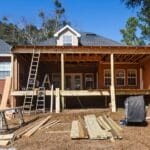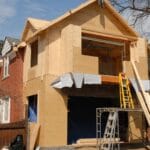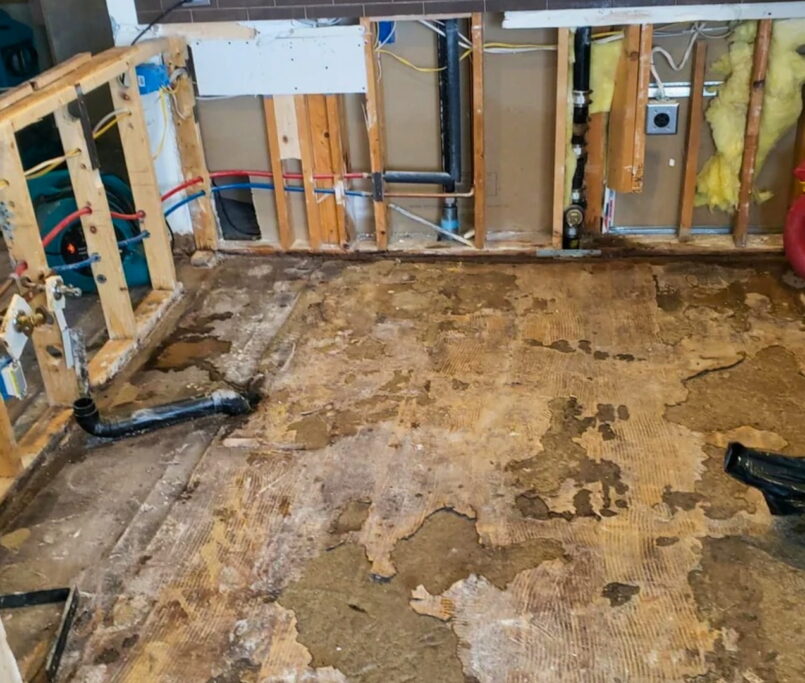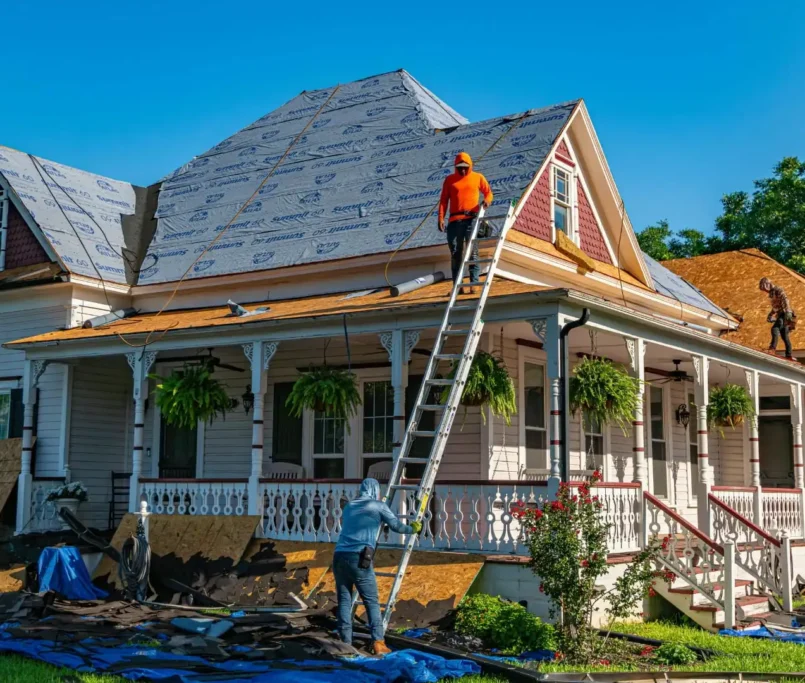Best Flooring Options for Renton’s and Seattle’s Rainy Weather
If you live in Renton or Seattle, you already know how much rain we get an average of 150 days per year. With that much moisture in the air and on the ground, your home’s flooring needs to do more than just look good. It needs to handle wet shoes, muddy boots, humidity, and potential leaks without warping, staining, or growing mold. Unfortunately, many homeowners choose materials based on style alone, only to find themselves facing repairs or replacements a few years later.
At Grand Building Construction, we specialize in remodeling homes throughout Renton and the greater Seattle area. One of the most common issues we help homeowners resolve is water-damaged flooring that could’ve been avoided with the right product. In this guide, we’ll walk you through the best flooring options for rainy climates, what to avoid, and how to maintain your floors in a moisture-prone environment.
Why Flooring Choice Matters in a Rainy Climate
The Pacific Northwest is known for its scenic beauty, but all that lush greenery comes at a cost constant dampness. When rain is a regular part of life, your flooring isn’t just a design feature; it becomes a functional barrier between your living space and the moisture beneath your feet. Entryways, kitchens, bathrooms, and basements are the most vulnerable areas. These spaces see a lot of foot traffic, water spills, and temperature fluctuations that can stress standard flooring materials.
Without the right flooring, you risk dealing with warped boards, bubbling laminates, mold beneath carpets, or musty smells from trapped moisture. That’s why selecting water-resistant and moisture-tolerant materials is crucial if you want long-lasting, healthy floors in your Renton home.
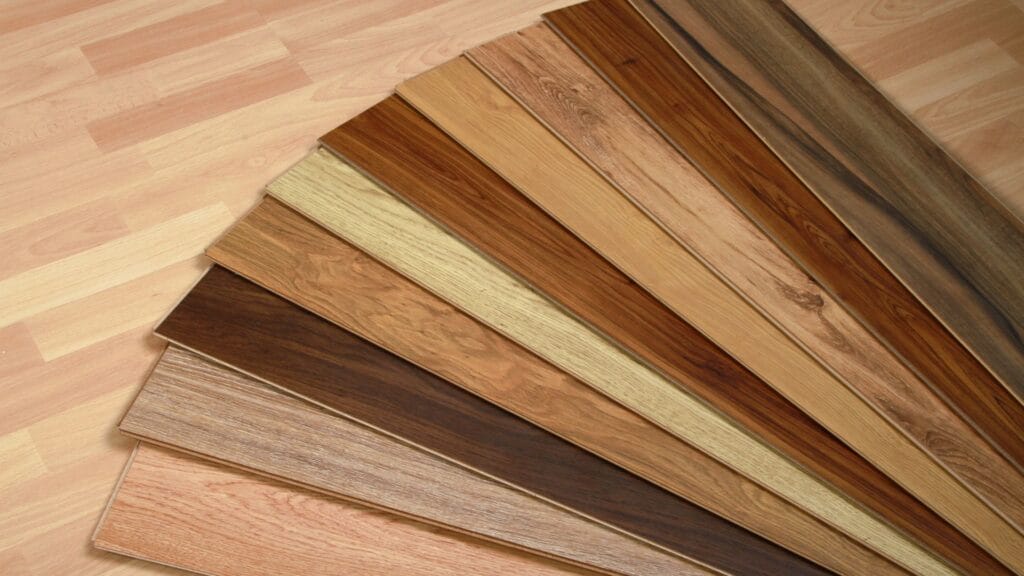
Top Flooring Options for Renton and Seattle Homes
Let’s explore the best materials that hold up in the wet and often chilly Pacific Northwest.
Luxury Vinyl Plank (LVP)
Luxury vinyl plank has become a go-to solution for many Seattle and Renton homeowners. Not only is it 100% waterproof, but it also mimics the look of real hardwood with stunning realism. LVP is ideal for nearly every room in the house from kitchens and bathrooms to basements and even entryways. It’s durable enough to withstand muddy shoes, pet accidents, and high foot traffic.
Another advantage of LVP is its affordability. Compared to engineered hardwood or tile, vinyl is budget-friendly and easier to install. Its cushioned core also makes it warmer underfoot, a welcome bonus during Seattle’s colder months.
Porcelain and Ceramic Tile
Tile is another excellent choice, especially for rooms where water is unavoidable. Porcelain and ceramic tiles are naturally resistant to moisture, making them perfect for entryways, bathrooms, laundry rooms, and even kitchens. These materials are easy to clean and hold up beautifully over time.
One thing to keep in mind is that tile can feel cold, especially in winter. That’s why many homeowners pair it with in-floor heating systems to add comfort. Grout sealing is also important unsealed grout can absorb water, stain, or develop mildew over time. When professionally installed and properly maintained, tile is one of the most durable and attractive choices for rainy-weather homes.
Engineered Hardwood (When Properly Installed)
Solid hardwood is risky in wet climates, but engineered hardwood offers a moisture-resistant alternative without sacrificing beauty. Built from multiple layers of plywood topped with a hardwood veneer, engineered wood is more dimensionally stable and less prone to warping in humid environments.
That said, this option still requires careful installation. Moisture barriers, sealed joints, and humidity control are essential if you’re planning to use engineered hardwood in places like living rooms or bedrooms. It’s not ideal for bathrooms or laundry areas, but with the right preparation, it can work beautifully in less-exposed parts of the home.
Waterproof Laminate Flooring
Traditional laminate was once notorious for swelling and buckling under moisture, but newer waterproof laminate products have addressed those weaknesses. Designed with water-resistant cores and tight-locking seams, today’s laminate can hold up well in kitchens and common areas especially if your budget doesn’t stretch to LVP or tile.
Still, it’s not invincible. Waterproof laminate should not be used in areas with standing water risks, like full bathrooms or flood-prone basements. It’s best suited for families with kids or pets who need durable, scratch-resistant, and attractive flooring in moisture-moderate rooms.
Polished or Sealed Concrete
If you’re going for a sleek, industrial look or remodeling your basement, polished concrete might be the ultimate low-maintenance solution. Completely resistant to water, mold, and heavy use, it’s especially popular in modern basement conversions and daylight lower levels.
While it may feel cold underfoot and harder than wood or vinyl, area rugs and radiant heating systems can solve that problem. Concrete also resists allergens and doesn’t absorb odors, making it a hygienic choice for damp climates.
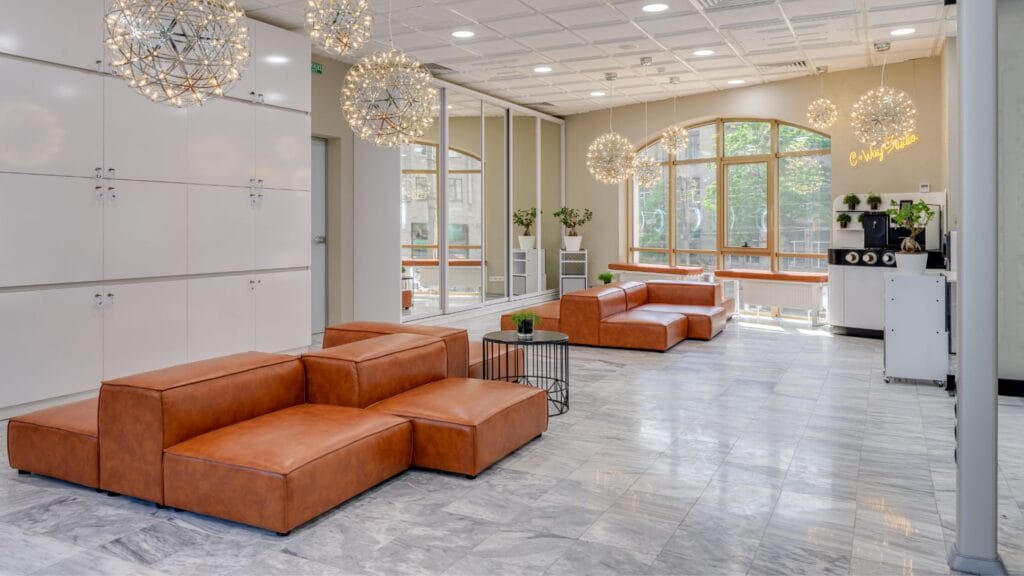
What to Avoid in Rainy Climates Like Renton’s
While there are great options out there, there are also flooring materials we strongly advise against for wet areas in Renton homes.
Solid hardwood, for instance, expands and contracts with moisture and is highly prone to warping. Even small spills can cause staining or cupping. Unless you’re prepared for high maintenance and humidity control, it’s not worth the risk.
Traditional carpet is another common mistake. While cozy, carpet absorbs moisture like a sponge. It traps dirt, fosters mold, and becomes difficult to keep clean especially in basements or near entrances. If you love the warmth of carpet, consider waterproof carpet tiles or place rugs over moisture-resistant flooring.
Lastly, avoid unsealed natural stone or porous tile unless you’re committed to frequent sealing. These materials may look beautiful but can absorb moisture over time, leading to discoloration or mildew.
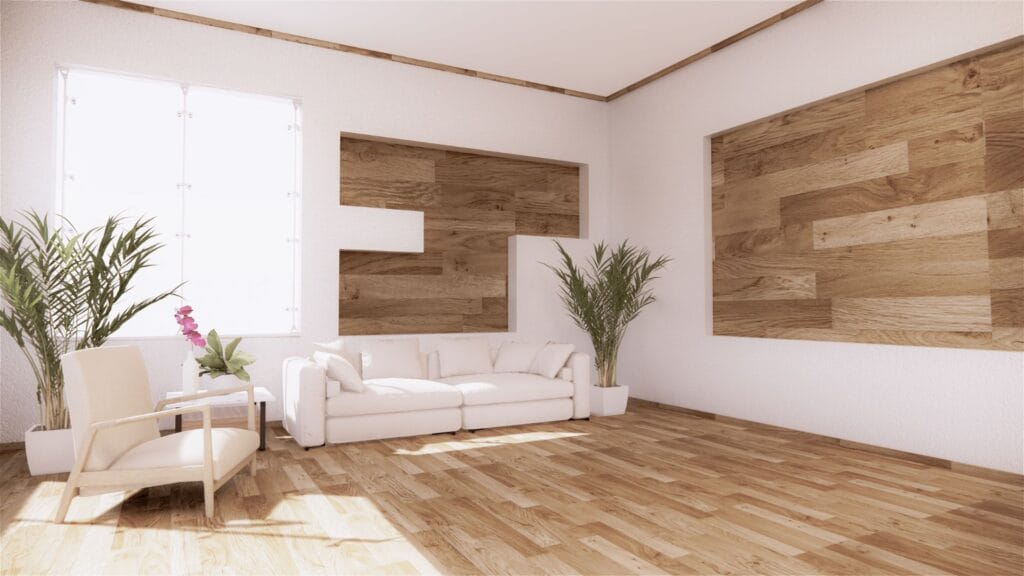
How to Maintain Floors in the Rainy Season
Even with the best flooring options, a few smart habits can extend the life and beauty of your floors.
Start by placing durable floor mats and boot trays at every entry point. Encourage guests and family members to remove shoes when entering the house. Wipe up spills immediately, especially near sinks, dishwashers, and exterior doors.
Using a dehumidifier in your basement can help control humidity, preventing long-term damage to floors and subfloors. If you choose tile or concrete, make sure to reseal grout and surfaces every few years to maintain their resistance to moisture.
Finally, work with a trusted flooring contractor in Renton who understands subfloor prep, moisture testing, and correct installation methods. A quality product is only as good as the way it’s installed.
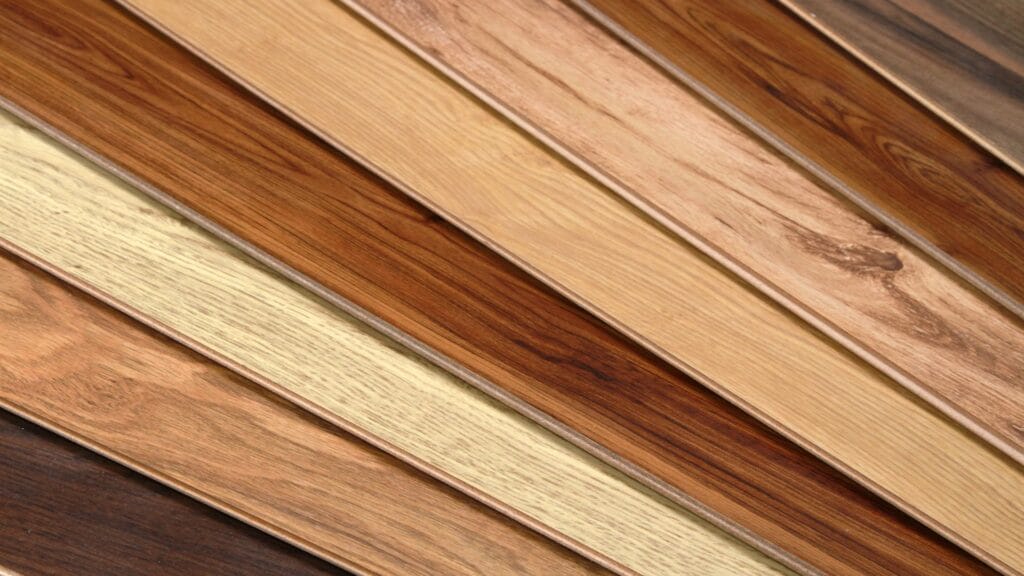
Choosing the Right Flooring for Every Room
Every room in your home has different exposure to water and humidity. Here’s how we typically match flooring materials to each space based on our experience in Renton:
- Entryways and Mudrooms: Porcelain tile, LVP, or sealed concrete are ideal. They handle mud, rain, and salt from winter boots with ease.
- Kitchens: LVP is the top pick here for its combination of comfort, waterproofing, and style. Tile is also a strong contender.
- Bathrooms: Porcelain tile or waterproof vinyl tile offers the best performance. Avoid laminate and hardwood.
- Living and Dining Areas: Engineered hardwood or LVP provides warmth and elegance without sacrificing durability.
- Basements: Polished concrete, tile, or vinyl are the safest options. Always ensure proper subfloor moisture protection.
FAQs About Flooring in Rainy Regions Like Renton
What is the best waterproof flooring for Renton homes?
Luxury vinyl plank (LVP) offers the best mix of waterproofing, style, and affordability. Tile is a close second, especially for wet-prone zones.
Can I install hardwood flooring in Renton?
Yes, but only engineered hardwood with a proper moisture barrier. Avoid using it in bathrooms or laundry areas.
How do I prevent mold under my flooring?
Use moisture-resistant underlayment, keep humidity levels in check with ventilation or dehumidifiers, and fix leaks promptly.
Is vinyl better than tile in Seattle’s climate?
Both are excellent. Vinyl is warmer and easier to install, while tile is more durable in extreme wet zones like showers or mudrooms.
Get Expert Flooring Guidance from Grand Building Construction
When you live in a place like Renton or Seattle, you can’t afford to treat flooring as an afterthought. Choosing the wrong material can lead to warping, mold, and costly replacements. But when you work with experts who understand local climate challenges, you can enjoy beautiful, resilient floors for decades.
At Grand Building Construction, we offer professional flooring consultations, high-quality waterproof products, and expert installation tailored to Pacific Northwest homes. Whether you’re remodeling one room or your entire home, we’ll help you make flooring choices that hold up rain or shine.
📞 Contact us today to schedule a free consultation and explore the best flooring options for your Renton home.

